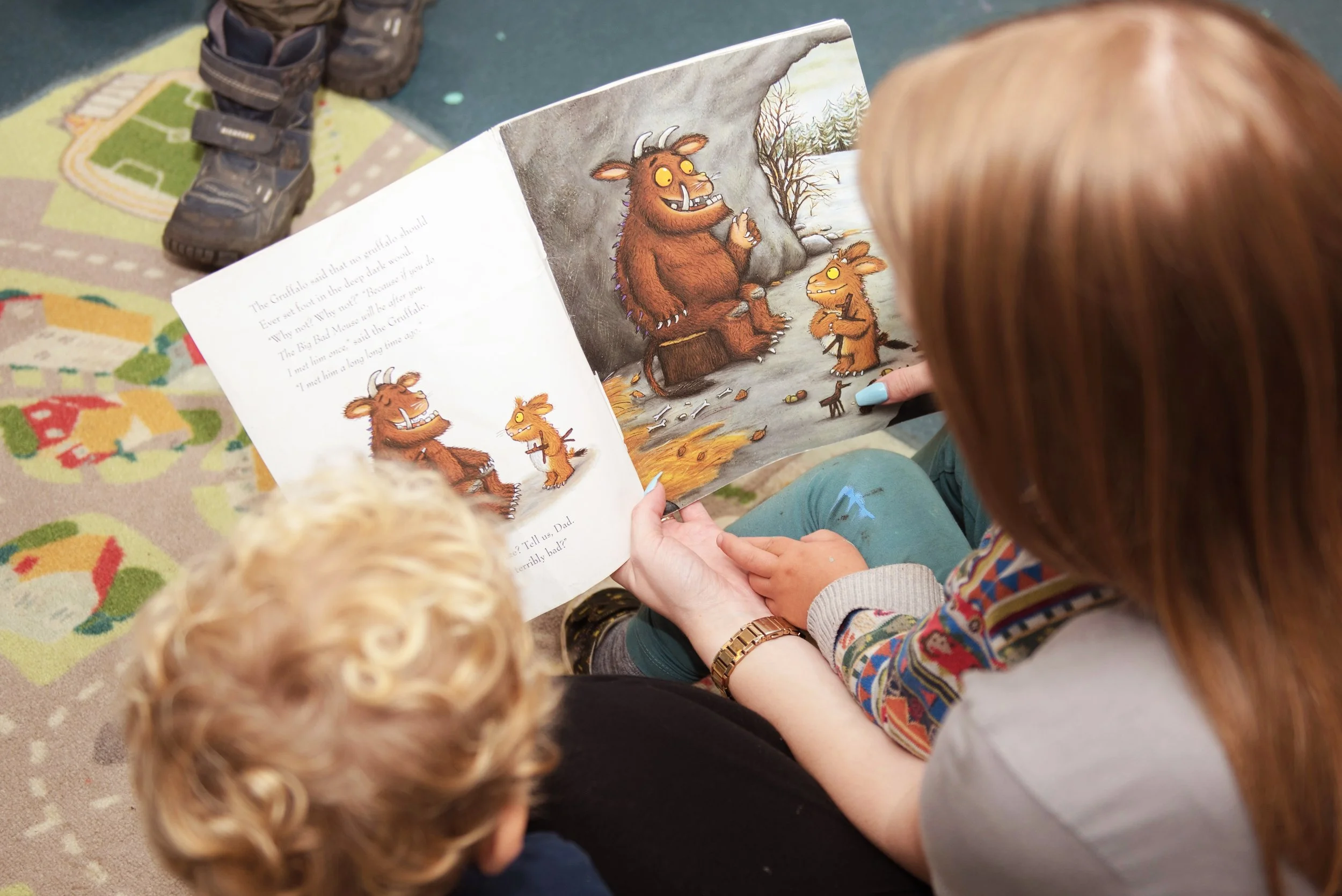The Future of Early Years Education in England: Challenges & Opportunities for Giving Every Child the Best Start in Life
In July, the government released its Giving Every Child the Best Start in Life strategy, setting an ambitious goal: 75% of 5-year-olds in England achieving a ‘good level of development’ by 2028.
This government has consistently prioritised Early Years, engaging with the sector and committing to expanded funding entitlements. While this brings some stability, the strategy presents both opportunities and challenges.
Recognising the Central Importance of High-Quality Early Years Provision
Giving Every Child the Best Start in Life strongly affirms the value of early years education. Decades of research, including Nobel laureate James Heckman’s work and recent UK studies on Sure Start, show clear long-term benefits: improved earnings, health, and reduced crime. The evidence is overwhelming: investing in high-quality early years provision pays off for individuals and society.
But how do we translate this into practice?
Raising the Quality of Early Years Provision
The idea of a qualified teacher in every early years setting sounds promising, but many lack experience with the youngest children, even those with early years specialisms. As Amanda Spielman noted in 2023, not all are trained to focus on prime areas of learning: the foundational skills children need to thrive.
At Raised In, we believe excellent care and education come from strong Continued Professional Development (CPD), leadership, and support. We invest in our team through apprenticeships (Level 2–5), Early Years Initial Teacher Training (EYITT), and National Professional Qualification for Early Years Leadership (NPQEYL). But the sector faces a recruitment crisis. Training quality is inconsistent, and funding remains a major barrier – especially if qualified teachers are to be paid on par with school staff. As a Real Living Wage employer, we support fair pay, but funding must reflect this.
Rather than focusing narrowly on teacher qualifications, we need long-term investment in the whole workforce: clear career pathways, funded CPD, universal INSET days, and fair pay and conditions. Stronger Practice Hubs, like ours in Bristol, should be expanded.
We also caution against assuming school-based nurseries are inherently better. Many children thrive in community-based settings like Raised In, which offer rich curricula, strong local ties, and highly qualified staff. Schools often lack expertise with under-3s – a critical stage when 80% of brain development occurs.
Finally, policy must be coherent. The 2023 change to adult:child ratios (1:5 for ages 2–3) may ease financial strain, but risks quality and well-being. At Raised In, we’ve chosen to maintain the previous 1:4 ratio, even when funding falls short. We urge the government to consult meaningfully with the sector and avoid short-sighted decisions that undermine quality.
Working Families to All Families
The strategy rightly highlights poverty as a growing barrier to child development but lacks clear commitments to increased funding for early years settings, which are increasingly taking on complex pastoral and social roles.
The focus on Best Start Family Hubs suggests a return to a ‘Sure Start-lite’ model. But why not go further and reinstate Sure Start itself? The IFS has shown its strong ROI, while newer models haven’t matched its impact. Without significant investment, co-located services, and long-term funding, we’re unlikely to see the same benefits.
Expanding funded hours for working families has improved affordability, but it’s a workforce policy, not a child development one. It excludes many disadvantaged children who benefit most from early education. Take-up of the eligible two-year-old offer has dropped since the expansion, risking a wider opportunity gap.
We welcome better-integrated family support, but if we truly want to give every child the best start, early years education must be universal, not dependent on parental income.
A ‘Good Level of Development’?
The Good Level Development (GLD) is used at the end of the Early Years Foundation Stages (EYFS), typically at age 5, to assess whether children meet expected standards in key areas: Personal, Social and Emotional Development; Physical Development; Communication and Language; and parts of Literacy and Maths. While aiming high is commendable, many educators question whether GLD is the best measure of achievement.
It’s a binary assessment: children either meet or don’t meet the standard. Those on the cusp may be marked as not meeting it, which can be disheartening for families and educators. It also doesn’t account for developmental variability, especially for summer-born children who may be nearly a year younger than their peers. Expecting identical outcomes from children with vastly different life experiences and maturity levels is unrealistic.
Development in early childhood isn’t linear. Children may regress temporarily due to sleep changes, behaviour shifts, or other age-appropriate factors. For children with SEND, progress may be significant but not reflected in GLD scores. Starting points also vary – some children enter Reception with no prior group-based education, making the transition more challenging. Expecting uniform GLD outcomes within nine months, and tying school and local authority targets to this makes the measure feel unstable and overly simplistic.
Better (and More Affordable?) Access to Childcare
The strategy rightly acknowledges the need to improve access to childcare. While some areas have sufficient provision, others lack the type or flexibility families need, such as childminders vs. nurseries, or year-round vs. term-time-only care.
The government’s main solution appears to be more nurseries in schools. As discussed earlier, this raises concerns about quality and sustainability. However, it’s encouraging to see support for social enterprises, community groups, and charities like Raised In to help meet demand, rather than relying solely on large private-equity-backed chains. We await more detail on how this support will be delivered.
So What’s Next?
We’re cautiously optimistic about the strategy and its ambitions. But without significant funding and systemic reform, progress will be limited. We urge the government to work collaboratively with all parts of the sector: maintained nursery schools, PVI providers, and childminders, to co-create solutions that serve children, families, and the dedicated professionals who support them.
This could be a once-in-a-generation opportunity to transform early years education. Raised In is ready to work with partners locally and nationally to help make it happen.





